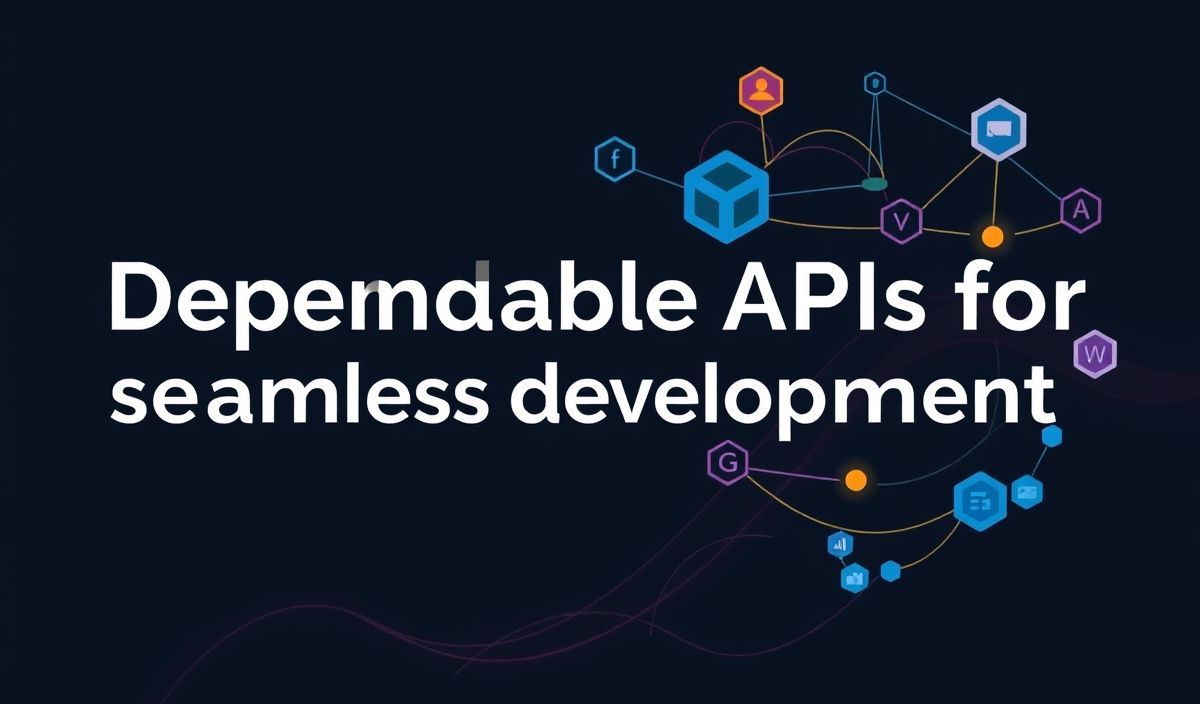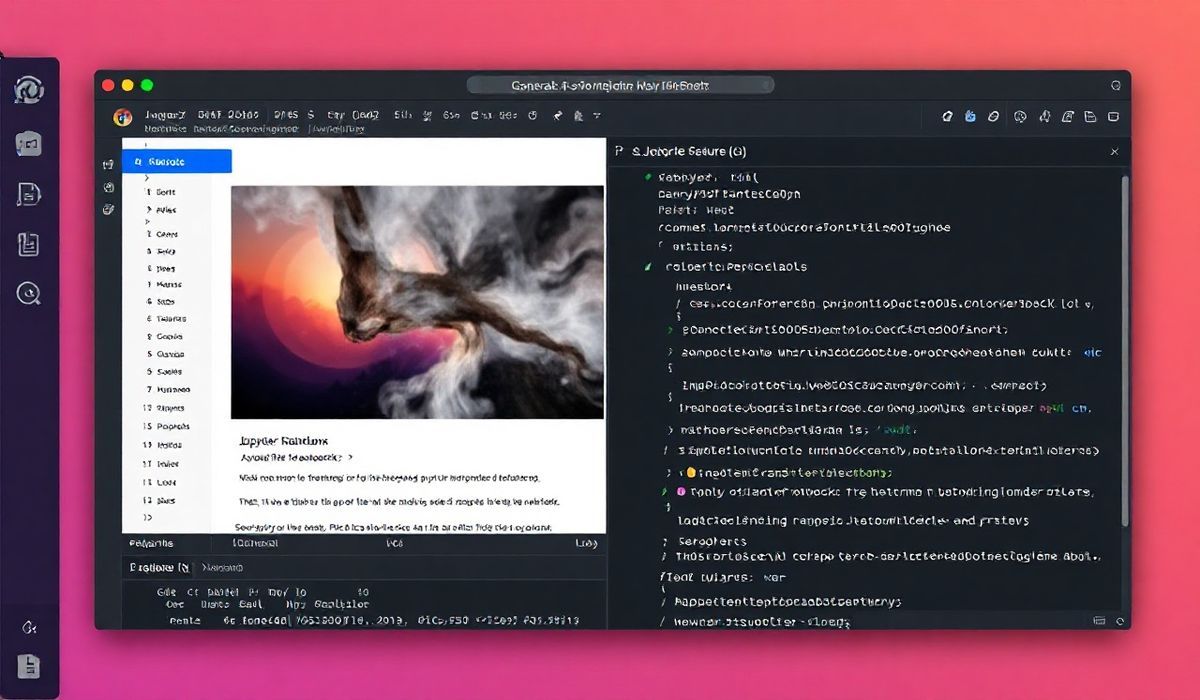Introduction to Polka
Polka is a highly efficient and minimalistic routing framework for Node.js, designed to provide ultra-fast HTTP servers with minimal footprint. It is an ideal choice for developers seeking a lightweight alternative to Express without compromising on performance.
Setting Up Polka
To get started with Polka, you first need to install it via npm:
npm install polka
Basic Usage
Creating a basic server with Polka is straightforward:
const polka = require('polka');
const { json } = require('body-parser');
const { PORT=3000 } = process.env;
const app = polka();
app.use(json());
app.get('/', (req, res) => {
res.end('Hello, world!');
});
app.listen(PORT, err => {
if (err) throw err;
console.log(`> Running on localhost:${PORT}`);
});
Using Middlewares
Polka supports middleware functions that can process requests before they reach the actual route handler. Here is an example:
app.use((req, res, next) => {
console.log(`Incoming request to ${req.path}`);
next();
});
Routing Parameters
Polka allows you to define route parameters easily:
app.get('/user/:id', (req, res) => {
res.end(`User ID: ${req.params.id}`);
});
Query String Parameters
Handle query string parameters like this:
app.get('/search', (req, res) => {
const { query } = req;
res.end(`Search Query: ${query.q}`);
});
Handling Errors
Error handling in Polka can be done by passing an error to the next function:
app.get('/error', (req, res, next) => {
next(new Error('Something went wrong!'));
});
app.use((err, req, res, next) => {
console.error(err.stack);
res.statusCode = 500;
res.end('Server Error');
});
Combining Routes
You can modularize your routing logic by combining routes from different files:
const userRoutes = polka()
.get('/me', (req, res) => res.end('User Info'))
.get('/:id', (req, res) => res.end(`User ID: ${req.params.id}`));
app.use('/user', userRoutes);
Example Application
Here is a more comprehensive example that combines several aspects of Polka:
const polka = require('polka');
const { json } = require('body-parser');
const app = polka();
app.use(json());
// Root Route
app.get('/', (req, res) => {
res.end('Welcome to Polka!');
});
// Middleware for Logging
app.use((req, res, next) => {
console.log(`[${new Date().toISOString()}] ${req.method} ${req.path}`);
next();
});
// User Routes
const userRoutes = polka()
.get('/me', (req, res) => res.end('User Info'))
.get('/:id', (req, res) => res.end(`User ID: ${req.params.id}`));
app.use('/user', userRoutes);
// Error Handling
app.use((err, req, res, next) => {
console.error(err.stack);
res.statusCode = 500;
res.end('Internal Server Error');
});
const { PORT=3000 } = process.env;
app.listen(PORT, err => {
if (err) throw err;
console.log(`> Running on localhost:${PORT}`);
});
Polka is a versatile and high-performance framework that makes building fast and efficient web applications a breeze. With its minimalistic design and powerful features, it is a compelling choice for Node.js developers.
Hash: 837f421cd685e050af8c5f8ac3c179944228c030b282fb9654e4c81c64da77fd




